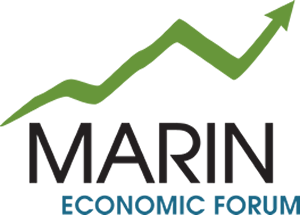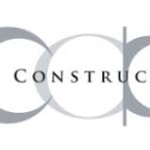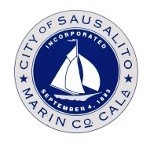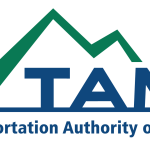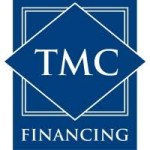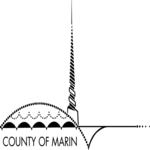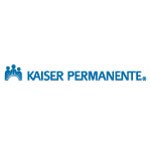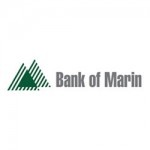MEF Newsletter November 2016
November 2016
 The Concept of Wisdom, part 3 of a 3 part series
The Concept of Wisdom, part 3 of a 3 part series
Autumn is the time of year to harvest what has been sown through the past winter, spring and summer. The cycle of change is upon us and festive celebrations such as Halloween, All Saints Day, Dia de Los Muertos and Election day mark this transition.
In any traditions or organizations, there is a need to pass on not only the knowledge but also the wisdom to the younger generation in order to secure growth or at least survival of the traditions/ organizations. When a martial art master passes his knowledge on to his disciple, it’s not only about the technique of how to use a sword! You can always learn the technique easily by e.g. reading a book. But what makes the disciple able to carry out the work of the master is always about his ability to internalise the lessons from the master, reflect upon it, use it, gain experience with it and thereby achieve his own wisdom with the lessons! In this way, information to knowledge to wisdom is interconnected and consciously managed by the master himself!
How do we transform information into knowledge into wisdom?
In one word, it’s experience. The information can be stored, it can be useful and become knowledge when it has been used. In essence, we take the information, contextualize it and thereby achieve a whole new meaning with it, thereby becoming knowledge. Between knowledge and wisdom is a bridge called “knowing”. Knowing is deeper, and it comes when knowledge has been reflected and internalized.
Let us recap what we have learned over this 3-part series:
– Information is new material communicated.
– Knowledge is learning transfer and the ability to teach this new material.
– Wisdom is our ability to internalise, reflect, use and gain experience
The Marin Economic Forum (MEF) is a public-private partnership, serving as a platform for collaborative efforts on improving Marin County’s economic vitality, while seeking to enhance social equity and environmental protection. Here at MEF we speak about the 4 E’s: economy, equity, environment and education. Let us take this new learned material, practice learning transfer and achieve our own wisdom with these lessons to educate Marin about its economy and communities.
We hope you enjoyed this 3-part series on information, knowledge and wisdom. Please visit marineconomicforum.org to learn more about our collaborative efforts towards a sustainable and vital economy.
Until next month, I leave you with the following quote:
“The capacity to learn is a gift; the ability to learn is a skill; the willingness to learn is a choice.” —Brian Herbert
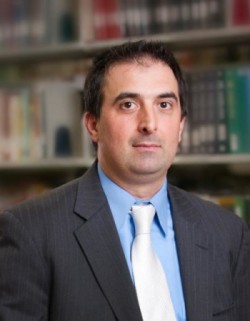 Knowledge and Job Marketing Matching
Knowledge and Job Marketing Matching
Many of the economic forecasts, for both the California and national economies, are for continued growth through 2019 and perhaps 2020. This continued “recovery” will be the longest growth period in American history, if the forecasts are correct. Our previous two newsletters focused on information and knowledge. This one is about wisdom. Has this recovery made us wiser as consumers and savers? What does being wiser economically really mean?
In some ways, the answer is simple. Saving is a “wiser” act than consumption because saving conserves resources and is a reaction to an inevitable future. For example, we all know at some point we individually cannot work like we do now. We save for the time of no longer working -- like taxes and death, an inevitability. Saving is triggered by how people see a return on saving money, or how interest rates provide such a return. One of the lingering effects of the recent recession is that interest rates across most of the advanced world economy were driven historically low by policy and remain there. Why is there an incentive to save with interest rates that low?
But we have seen savings rate recover, partially due to people paying off past debts and also slowing down their household’s consumption. Consumption is rising again. Incomes are rising and home and equity values are also rising. There is an income and wealth effect that drives consumption, and as the economy grows and recovers, we should expect increases in consumption.
Is this a wise move? Millennials, people between 25 and 34 years old in 2016, are considered the epicenter of a debt crisis of their own in student debt. They also saw a generation before lose on housing bets. One of the wisest moves, given the data, is to gain access to education based on education’s return to investment versus not having more education. However, repaying that debt means shifting consumption or investment in other goods and services.
Education is an act of investment versus consumption. This distinction is subtle: buying a new iPhone for business is an investment; buying an iPhone for a 14 year-old is consumption. However, both are likely used in similar ways. Generating income later from purchases today can be seen as a wise form of spending or investment; buying a house is an investment where renting is consumption. The home purchase circumvents rent (which in the current tax code does not allow for deductions against part or all of the home payment) while generating wealth for the owner. Housing wealth losses sustained during the Great Recession have been made up since 2010. buying and holding assets has also been seen as a wise choice.
Our experience in the 2008-10 “Great” Recession remains with us in good ways. Have we gained any wisdom about how our economy works the need to save parallel to consumption, and shifting spending in the form of investment? How we enter and exit the next recession reveals many answers to these questions.
Two ways that we seem to have little wisdom is in our national debt and the reality that without rules changes, social security and Medicare (as just two examples of archaic, pension or related systems) may not survive the generation to retire between 2029 and 2045. One piece of wisdom is that there is no fountain of youth, and we save (both intuitively and with the help of financial planners) based on actuarial tables that describe our statistical life span. Will we continue to retire at the same age? What if we live longer than we expected? Are we wise enough to save now and consume less tomorrow for that, or do we care? What is on the other side of that choice if wrong? If only we had that amount of wisdom, but the information and knowledge is not there, just statistics.
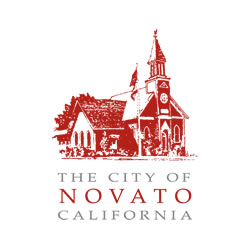 MEF Board Director, Chris Stewart, Economic Development Manager, City of Novato
MEF Board Director, Chris Stewart, Economic Development Manager, City of Novato
The City of Novato, the North Bay Life Science Alliance and the Marin Economic Forum collaborated to generate the city’s 2016 Annual Report. One highlight is the economic impact of the Life Science Industry in Novato. Jobs created and the multiplier effect continues to benefit Novato following the 2008 Great Recession. Visit novato.org for details
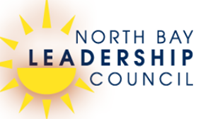
| 2016 Leaders of the North Bay Awards Luncheon Friday, November 4, 11:30am - 1:30pm Embassy Suites, 101 McInnis Parkway, San Rafael, CA Visit northbayleadership.org for details. |

| Election Day Tuesday, November 8 Your polling place Measure A The leaders of Marin’s business-related organizations urge a Yes vote on Measure A – Strong Starts for Kids. |

| Marin Equity Summit Thursday, November 10, 8:00 – 5:00pm The Marin Center, 10 Avenue of the Flags, San Rafael, CA Visit marinequitysummit.com for details. |
